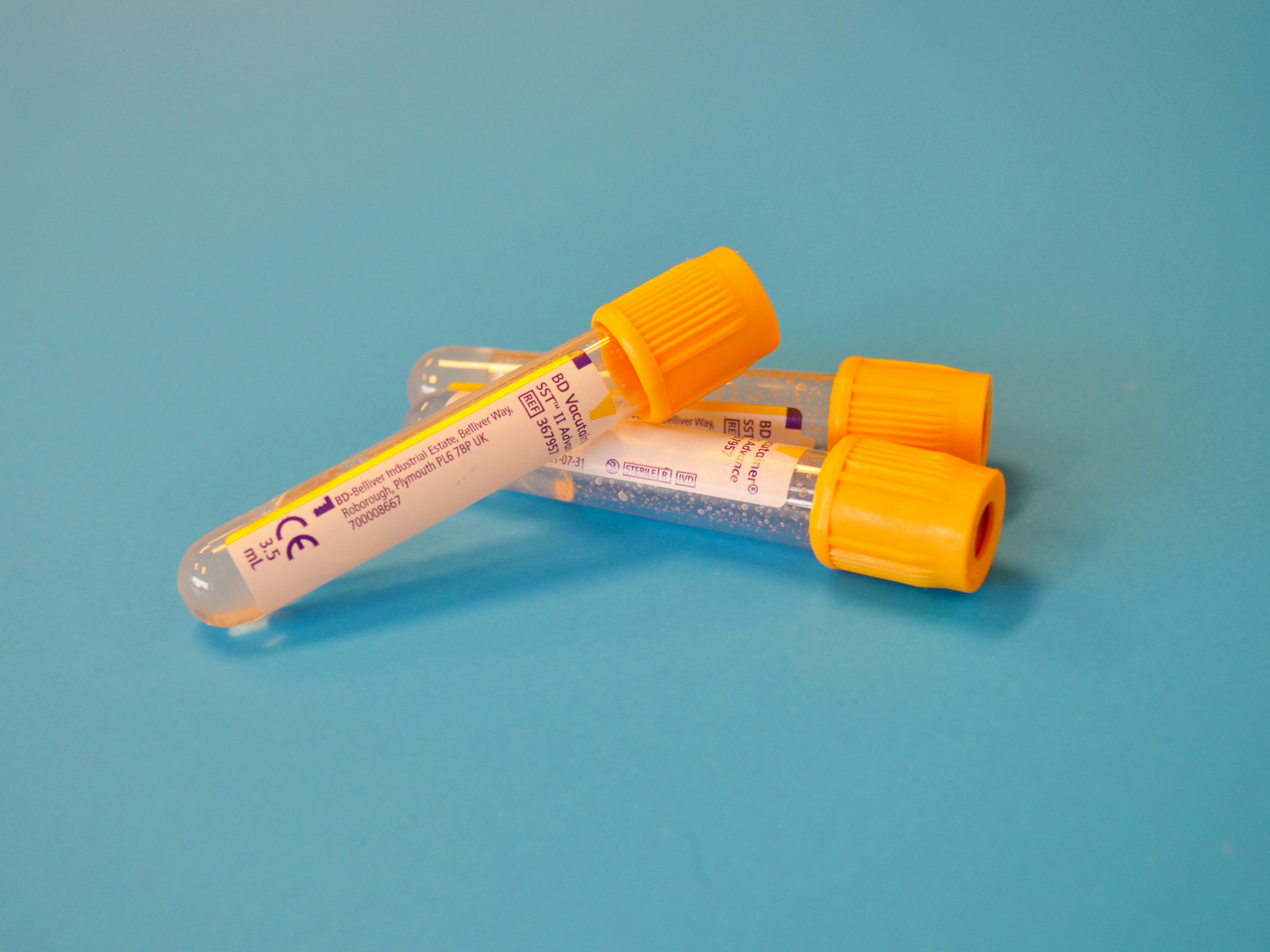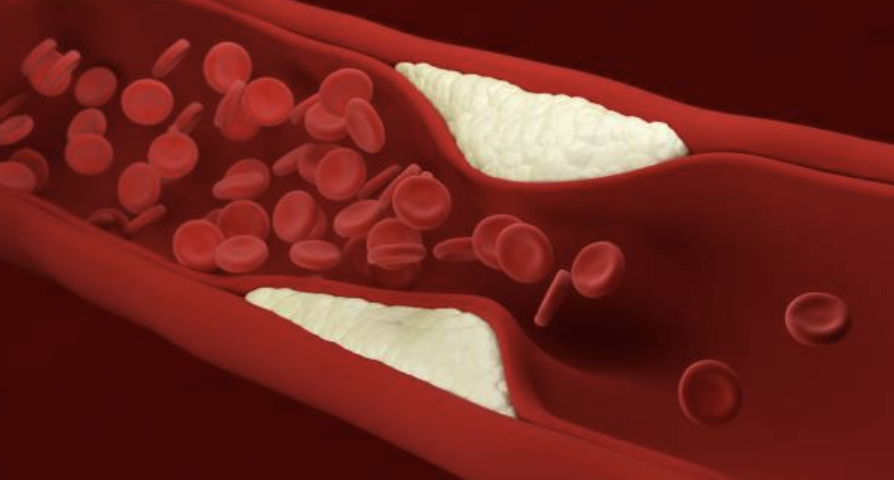Part 1: Miscarriage Causes and Diagnostic Tests You Should Know About
What Testing Should I Have Done After a Miscarriage?
After experiencing a miscarriage, understanding what might have contributed can help you feel more empowered and guide the next steps for a healthy pregnancy. Diagnostic testing provides valuable insights into hormonal, metabolic, autoimmune, and nutritional factors that can impact early pregnancy.
Note- not all of these tests are indicated for everyone. Talk to your doctor about the following tests:
Thyroid Health and Miscarriage Risk
- Tests: TSH, Free T4, ± Free T3
- Importance: Thyroid dysfunction, even mild, can increase miscarriage risk
- Anti-TPO antibodies: Higher risk even if thyroid levels are normal
- Optimal preconception TSH: 0.5–2.5 mIU/L
Hormone and Metabolic Testing for Fertility
- Tests: Fasting glucose, insulin, HbA1c, lipid panel, LH, FSH, estradiol, total & free testosterone, DHEA-S, mid-luteal progesterone
- Why: PCOS, insulin resistance, or luteal phase defects can impact fertility and early pregnancy outcomes
- Note: Mid-luteal progesterone <10 ng/mL may indicate luteal phase defect
Autoimmune and Blood Disorders Linked to Pregnancy Loss
- Tests: Antiphospholipid antibody panel, ANA, celiac serology
- Why: Conditions like APS or untreated celiac disease can increase miscarriage risk
Nutritional Deficiencies That Can Increase Miscarriage Risk
- Tests: Vitamin D, ferritin, B12, homocysteine
- Why: Deficiencies or elevated markers of inflammation can impact early pregnancy
When to Consider Advanced Testing or Specialist Referral
- ≥2 consecutive pregnancy losses with abnormal findings
- APS, thyroid autoimmunity, metabolic or endocrine abnormalities
Next: Learn how nutrition and lifestyle choices can support a healthy pregnancy after miscarriage.
Disclaimer: This article is for informational purposes only and is not medical advice. Consult with a healthcare provider before making significant changes to your caffeine consumption, especially if you have underlying health conditions.
Looking for help on your health and wellness journey? Let’s Chat!










